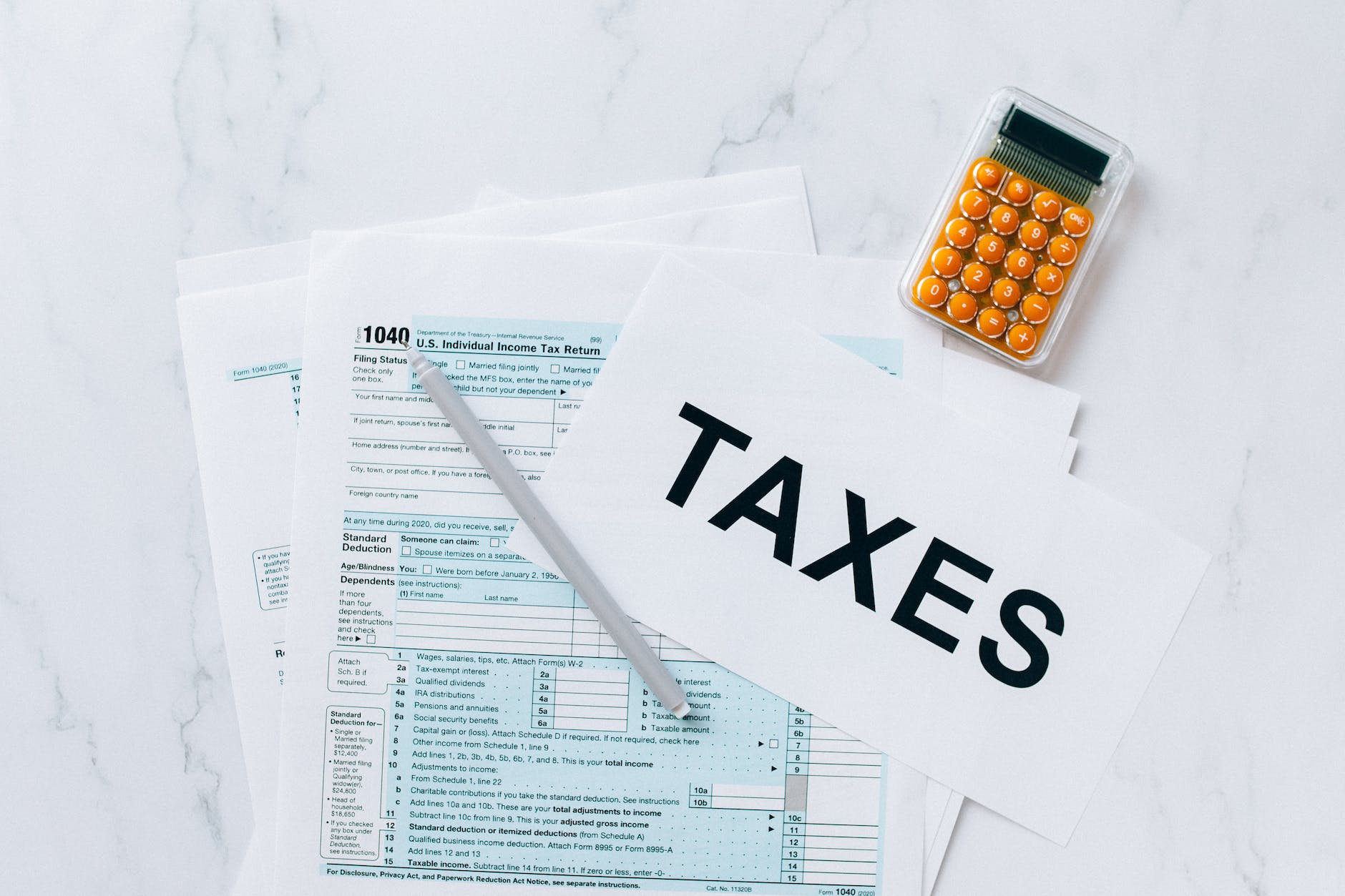Within their lifetimes, many people run with tax issues. These tax problems may seem overwhelming, particularly if you have not yet filed your taxes or if you have been placed in collections. People should check into tax relief services that can assist them settle their tax troubles if they have unfiled taxes or have been the subject of an IRS audit. By setting them up on a payment plan or by negotiating with the IRS, tax relief can assist those who have gone into collections or fallen behind on their taxes. If you owe money to the IRS, you run the possibility of having your bank accounts frozen, having your wages taken from you, and potentially even paying interest or penalties.

Alternatives for Tax Relief
For those who owe the IRS money, there are numerous ways to settle their debt. Four popular choices are shown below for people who owe money to the IRS:
Installment contract
The IRS will normally develop a payment plan or installment agreement if you are unable to pay off your total immediately and require a significant amount of time to settle it. Individuals and corporations with tax balances of over $25,000 or over $10,000 must use direct debit or an automatic withdrawal from their bank accounts.
In-Compromise Offer
The IRS may reassess your tax balance if you are experiencing severe financial hardship and may require you to pay less than what you are legally required to. Offer in Compromise is the name of this procedure. The IRS only offers this choice to taxpayers who can demonstrate that they are unable to pay their debt or that an incident occurred that caused pertinent financial difficulties. The IRS may then lower the taxpayer’s outstanding tax debt and reevaluate their tax obligations. The following criteria are taken into account by the IRS when determining whether a person is eligible for an Offer in Compromise:
Your earnings and outgoings.
whatever resources you might have.
Paying capacity
At this time, not collectible
You can apply for “Currently not Collectable” status if you are unable to pay your tax debt to the IRS and there is no method for them to do so through tax resolution.
If the following conditions are met, the IRS will not be able to collect any taxes you owe or assess penalty costs against you:
If your tax returns demonstrate sufficient improvement in your financial circumstances, the IRS will reopen the collection case. To the contrary, if the ten-year statute of limitations expires while you are still in the “Currently Not Collectible” status, your tax debt will become permanently uncollectible, necessitating neither a tax resolution nor a payment.
Your wages hardly meet your living expenditures, so the IRS cannot seize any of your income.
You don’t have any property that the IRS can seize. Keep in mind that if you own something and own less than 20% of it, the IRS cannot confiscate or charge it.
The IRS can assist with your tax debt even if you have nothing to give them. The IRS will stop trying to collect on your account if it is determined to be uncollectible until your financial condition improves and a better tax resolution option becomes available. You will have to consistently substantiate each year that you are still unable to pay your tax bill, and interest and penalties will continue to rise.
Penalty Reduction
You might be able to eliminate penalties through penalty abatement or a penalty adjustment if you haven’t paid your taxes on time and are currently facing them. Abatement is the removal of an assessed tax liability. Its reduction or alteration is all that constitutes an adjustment. In many instances, you could even be able to receive your interest back and avoid fines.
Demanding an Extension
The IRS will agree to a request for a single extension if you have the resources to pay the sum in full but need some time to collect the funds. The request gives you up to 120 days to pay the entire tax balance. The IRS will charge a 0.5% penalty for each month the sum remains due. If the deadline for the extension is missed, the IRS will resume collection efforts.
In times of disaster, there is tax relief
Natural disaster victims who have been impacted by hurricanes, floods, wildfires, pandemics, earthquakes, and other events may be eligible for special tax relief. In addition to possibly claiming casualty losses on federal income tax returns, victims can be eligible for payment extensions.




